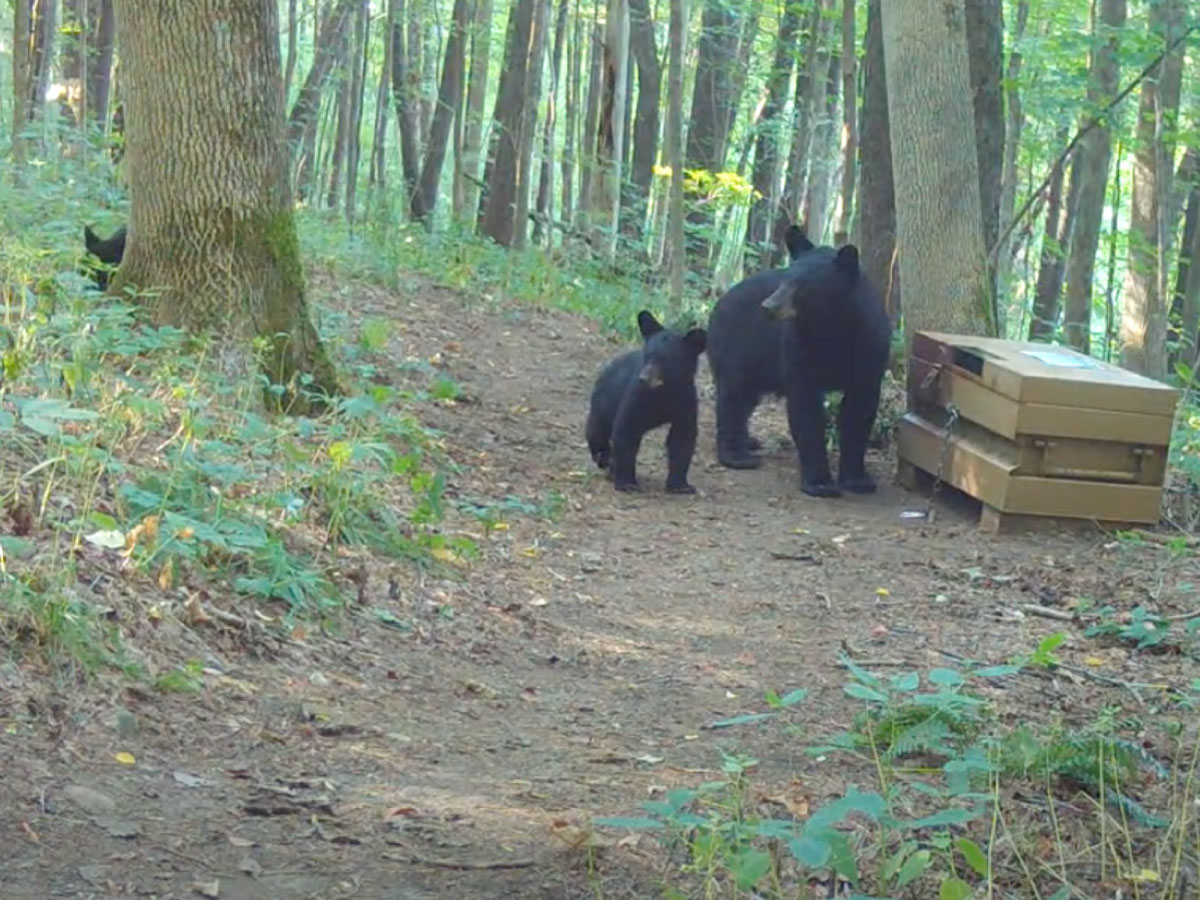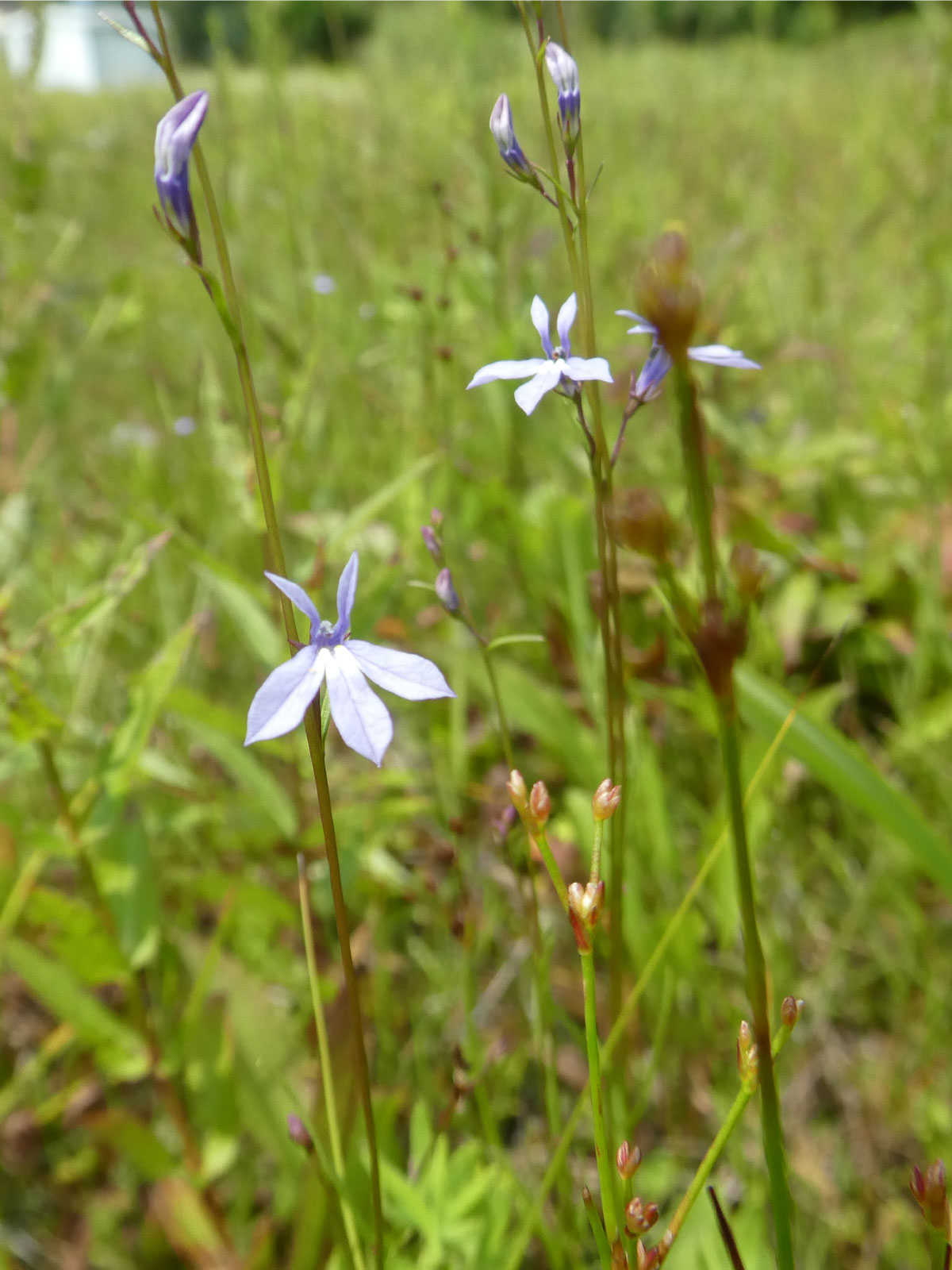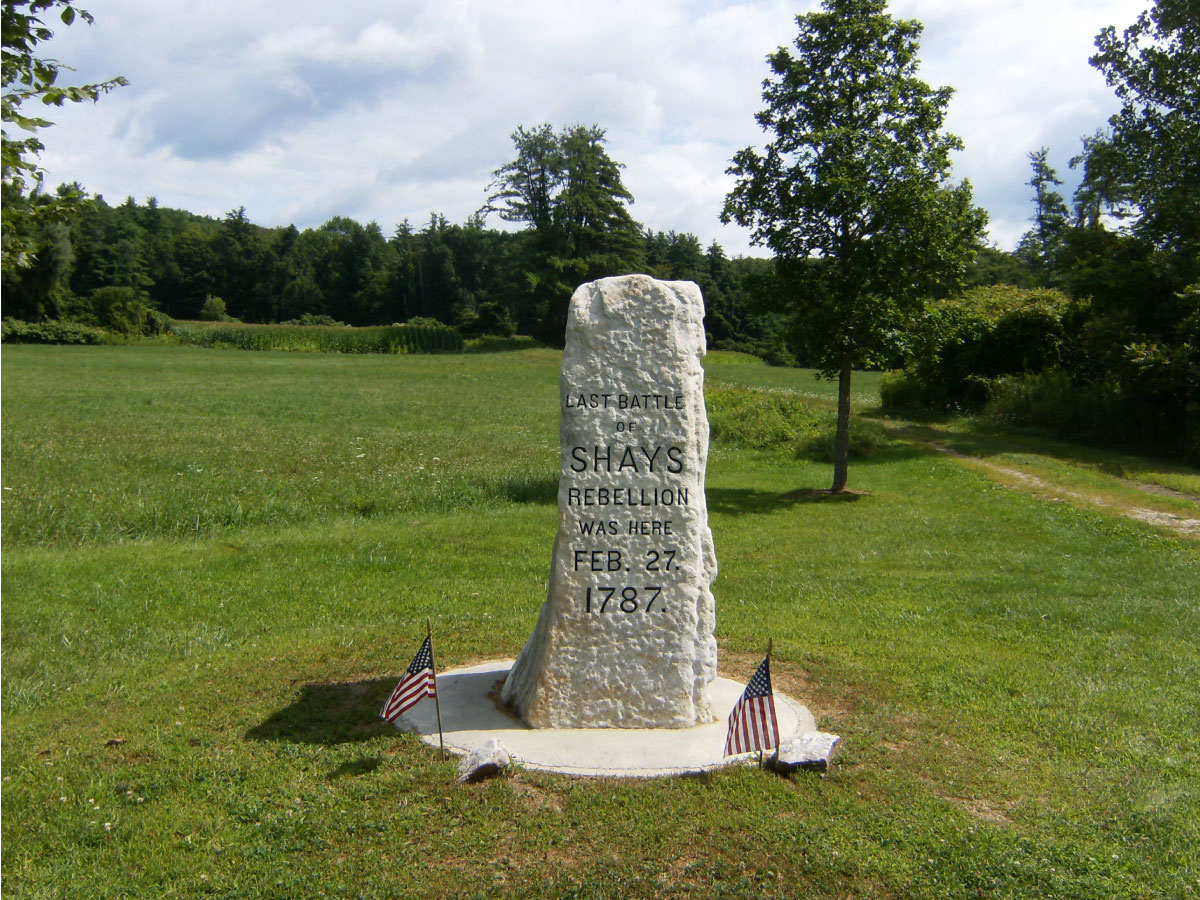Natural & Cultural Resources Along the Appalachian Trail
Debra Weisenstein, A.T. Committee
The 250,000-acre corridor of the Appalachian Trail (A.T.) and its surrounding landscape are rich in natural and cultural resources. Running primarily along the Appalachian highlands, Trail lands protect headwater streams for major East Coast watersheds. These high elevation lands also provide critical habitat for plants, animals and fungi, including hundreds of rare species.
Western MA volunteers contributed a total of 1,509 hours to conservation and preservation efforts of the A.T. in FY 2022.
Western MA volunteers contributed a total of 1,509 hours to conservation and preservation efforts of the A.T. in FY 2022.
Monitoring Wildlife, Rare Plants, Invasives, Cultural and Historic Sites
The Western MA A.T. Management Committee runs a robust program to catalog, monitor, and manage natural and cultural resources on A.T. trail lands in our state. The Natural Resources program is managed by Jim Pelletier and the Cultural Heritage program by Steve Smith in collaboration with our partners: the National Park Service, the Appalachian Trail Conservancy, the MA Department of Conservation and Recreation, the Native Plant Trust, the MA Natural Heritage & Endangered Species Program, the Sheffield Land Trust/Tree Project and the Upper Housatonic Valley National Heritage Area. Our volunteers contributed a total of 1,509 hours to these conservation and preservation efforts in FY 2022. We welcome additional volunteers to join these efforts. Contact at@amc-wma.org for more information. Rare, threatened, and endangered plant monitoring: Our rare plant monitoring program monitored 55 rare plant occurrences in 2022. All of our reports this year used the Native Plant Trust's NEPCoP (New England Plant Conservation Program) New England Rare Plant Reporting form. Our volunteers contributed a total of 603 hours to these efforts via 4 project days and individual efforts. Invasive species monitoring and management: Invasive species were removed from the Shaker Campsite area and a nearby field (4 project days). Chestnut trees were also monitored and ash trees treated by a contractor in efforts to not lose these native species to invasive pests. Our volunteers contributed a total of 179 hours to these efforts in 2022. Wildlife monitoring: Volunteers walked 9 transects of A.T. lands looking for signs (tracks, scat, tree rubs, and other indications) of recent wildlife activity. Our experienced trackers lead these projects, which are well attended. A wide range of recent wildlife sign was found including: moose, bear, coyote, deer, otter, raccoon, porcupine, etc. Transect reports were written providing the details of our findings for each transect. Wildlife was also monitored via trailcams at three sites. Of particular note was a series of videos in late August at the Shaker Campsite, where a bear sow with two new cubs were seen snooping around the food storage box with no effort to open it. A short time later the bears were driven off by a swarm of bees from a ground nest the sow dug up just off camera. Our volunteers devoted 626 hours to these efforts. Cultural sites: Volunteers have been monitoring and maintaining cultural sites along the Massachusetts A.T. for eight years. These sites include the Shays' Rebellion Monument and old lime kiln in Sheffield, the Shaker barn ruins in Tyringham, and historic structures at Upper Goose Pond. We are also monitoring farm ruins in Tyringham and Cheshire and maintain a Knox Trail Exhibit signboard at the A.T. crossing of Rt. 23 in Monterey. Our volunteers spent 54 hours on these efforts in 2022. Conservation Research Advocacy
Next Initiative: Leave No Trace »



